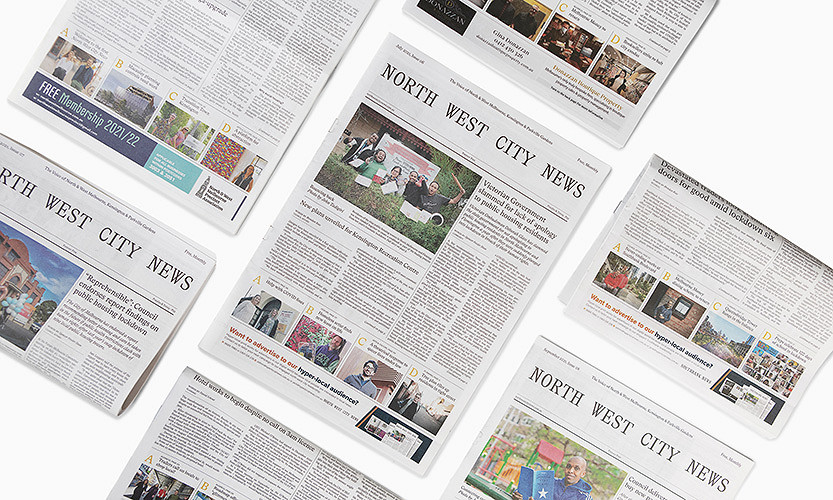Kensington development deal adds to more affordable housing and jobs
A six-storey residential development in Kensington will form part of a new landmark state government program aimed at boosting affordable social housing.
The 34-dwelling development was purchased by the state government through its $5.3 billion Big Homes Build, the largest single investment in social and affordable housing in Australia’s history – which is delivering more than 12,000 new homes and stimulating the economy.
Construction on the Macaulay Rd complex by Bridport Property Group will begin before the end of the year and be completed by mid-2023.
Under the Big Homes Build, the government is “spot-purchasing” established properties in metropolitan and regional Victoria as well as new homes in construction projects that are either in progress or ready to build.
Of the more than 1100 homes purchased, 590 are in ready-to-build projects – many of which the government said were “struggling to make pre-sales and wouldn’t have got off the ground”.
It has also bought 514 already built homes, to help get people into a home faster.
Bridport Property Group, the developers behind the Kensington build, could not be reached for comment, however, the company told the Herald Sun the project was “clearly of great benefit to the economy”.
According to the government, 432 of the homes are currently tenanted or ready to be tenanted, with “more coming as properties go through settlement”.
Minister for Planning Richard Wynne said the Big Homes Build initiative had created jobs across Victoria – “from Whittlesea to Warrnambool – while creating much needed homes for people who need them most”.
“Whether that’s providing a safe place to call home or creating new jobs – we’re getting on with delivering the projects Victoria needs,” he said.
These new homes are already changing the lives of hundreds of Victorians.
An average of 10,000 jobs per year will be created during the four-year program while boosting Victoria’s social housing supply by 10 per cent.
The homes are being made available to those in the most need, including people living with mental illness or disability, escaping family violence, indigenous people, and those experiencing homelessness •

The Movement Refinery: 20 years and still going strong






 Download the Latest Edition
Download the Latest Edition